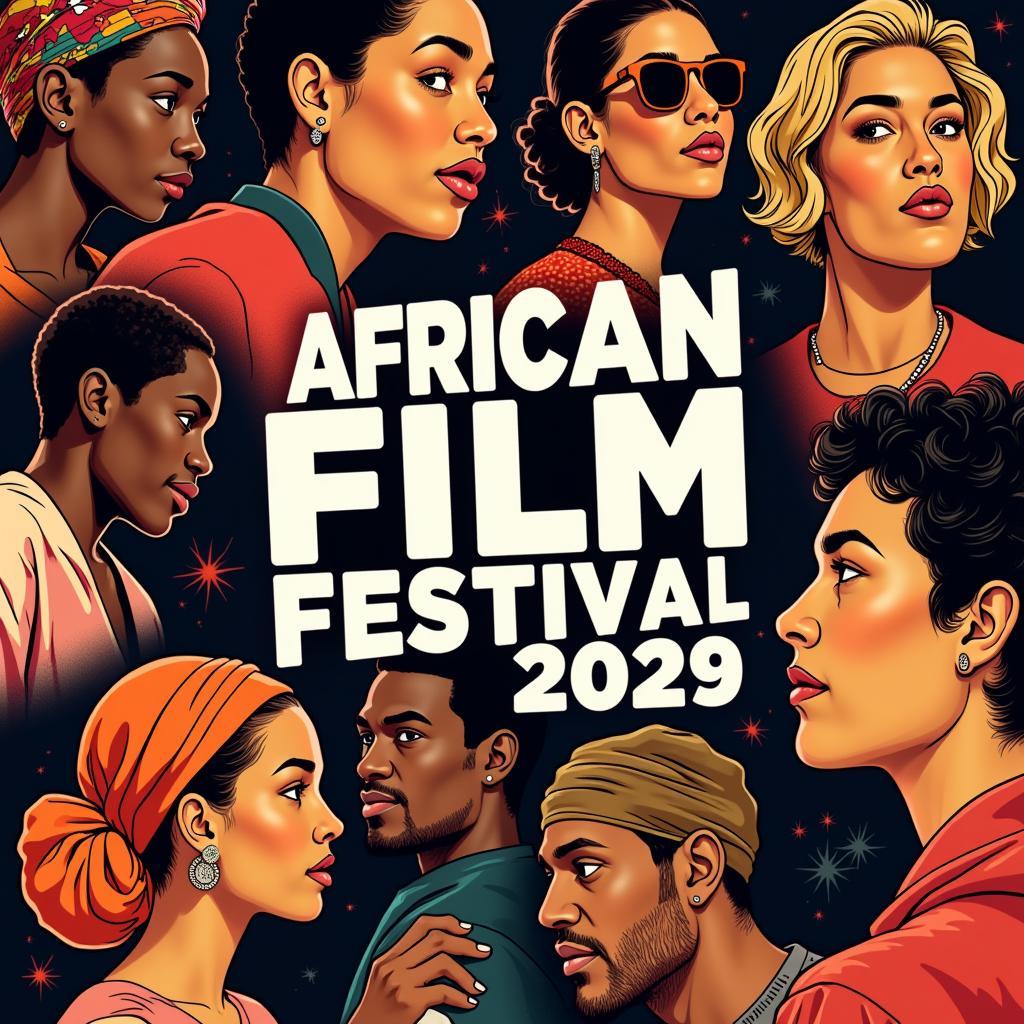African Conflict Resolution Initiative: Fostering Peace and Stability
African Conflict Resolution Initiative plays a vital role in addressing the complex challenges facing the continent. From inter-state disputes to internal conflicts, these initiatives seek to promote peace, stability, and sustainable development. They involve a wide range of actors, including governments, regional organizations, civil society groups, and international partners, all working collaboratively to find peaceful solutions to conflict. These initiatives address the root causes of conflict, promote dialogue and negotiation, and facilitate reconciliation and healing. Understanding these multifaceted approaches is crucial to appreciating the ongoing efforts to build a more peaceful and prosperous Africa.
After the end of colonialism, many African countries experienced internal conflicts and border disputes. The African country borders have been a source of tension, highlighting the need for robust conflict resolution mechanisms. These initiatives vary in scope and approach, ranging from mediation and arbitration to peacekeeping operations and post-conflict reconstruction. They aim to prevent the escalation of violence, protect civilians, and create conditions for lasting peace.
Key Approaches in African Conflict Resolution Initiatives
African conflict resolution initiatives utilize a range of approaches tailored to the specific context of each conflict. These include traditional methods of conflict resolution, such as mediation by elders and community leaders, alongside modern mechanisms like formal negotiations and international arbitration. The focus is often on addressing the underlying causes of conflict, such as poverty, inequality, and political marginalization. By promoting inclusive dialogue and empowering local communities, these initiatives strive to build sustainable peace from the ground up.
The Role of Regional Organizations
Regional organizations like the African Union (AU) play a crucial role in coordinating and supporting conflict resolution efforts across the continent. The African Union countries work together to address shared security challenges and promote regional stability. The AU has developed frameworks and mechanisms for conflict prevention, management, and resolution, including the deployment of peacekeeping forces and the establishment of mediation and arbitration panels.
Traditional Methods of Conflict Resolution
Traditional methods of conflict resolution remain an important part of African culture and continue to be utilized effectively in many contexts. These methods often involve community elders, religious leaders, and traditional authorities who facilitate dialogue, mediation, and reconciliation processes. They draw upon customary law and cultural values to promote peaceful settlement of disputes and restore harmony within communities.
The Importance of Civil Society
Civil society organizations play a vital role in African conflict resolution initiatives by engaging with communities, advocating for peace, and providing support to victims of conflict. They often work at the grassroots level, building trust and facilitating dialogue between conflicting parties. Their contributions are essential for promoting reconciliation, healing, and long-term peacebuilding.
Challenges and Opportunities in African Conflict Resolution
Despite the significant progress made in African conflict resolution, numerous challenges remain. These include limited resources, weak institutional capacity, and the complex nature of many conflicts. However, there are also opportunities to strengthen existing mechanisms, enhance collaboration between different actors, and leverage the potential of innovative approaches to peacebuilding.
What are some common obstacles faced by African conflict resolution initiatives?
Some common obstacles include limited funding, political instability, and the involvement of external actors.
How can international partners support African-led initiatives?
International partners can support African-led initiatives by providing technical and financial assistance, promoting capacity building, and respecting national ownership of peace processes. The ACCORD African Centre for the Constructive Resolution of Disputes is one example of such an initiative.
The Future of African Conflict Resolution
The future of African conflict resolution lies in strengthening African ownership and leadership of peace processes. This requires investing in local capacity, promoting inclusive dialogue, and addressing the root causes of conflict. By embracing innovative approaches and fostering collaboration between governments, regional organizations, civil society, and international partners, Africa can build a more peaceful and prosperous future. It’s also worth noting the efforts of individuals like the 1st African Secretary General of UN who have contributed to international peace and diplomacy. Continued focus on initiatives like those aimed at improving hunger indexes, as seen with the African country improve in hunger index, can also contribute to long-term stability and reduce the likelihood of conflict.
African conflict resolution initiative remains a vital tool in promoting peace and security across the continent. By addressing the root causes of conflict and empowering local communities, these initiatives pave the way for sustainable development and a brighter future for Africa.
FAQ
- What is the role of the African Union in conflict resolution?
- How do traditional methods contribute to peacebuilding in Africa?
- What are the main challenges facing African conflict resolution initiatives?
- How can international partners effectively support African-led peace processes?
- What is the importance of civil society engagement in conflict resolution?
- What are some successful examples of African conflict resolution initiatives?
- How can technology be leveraged to enhance conflict resolution efforts in Africa?
When you need assistance, please contact us: Phone: +255768904061, Email: [email protected] or visit our address: Mbarali DC Mawindi, Kangaga, Tanzania. We have a 24/7 customer support team.

